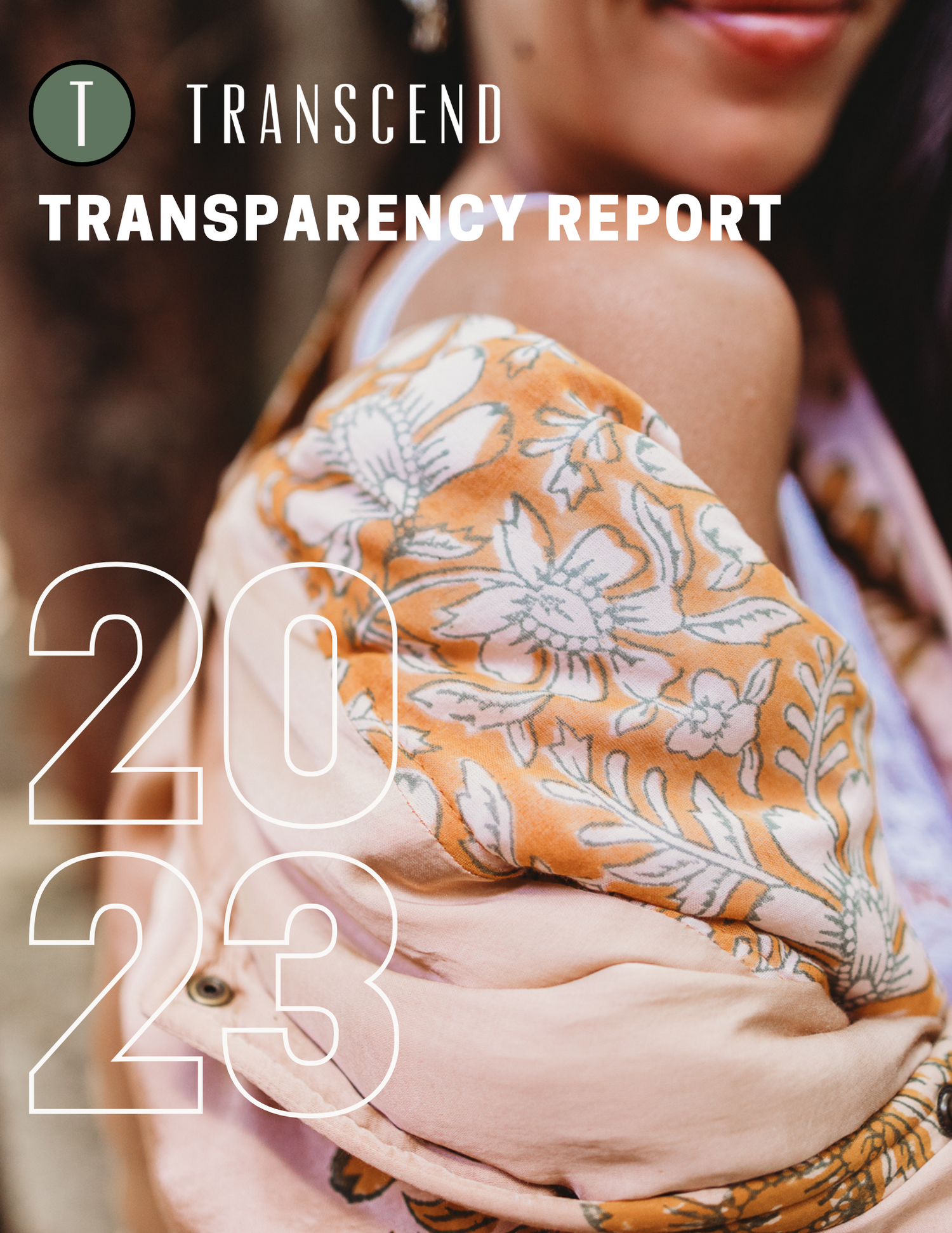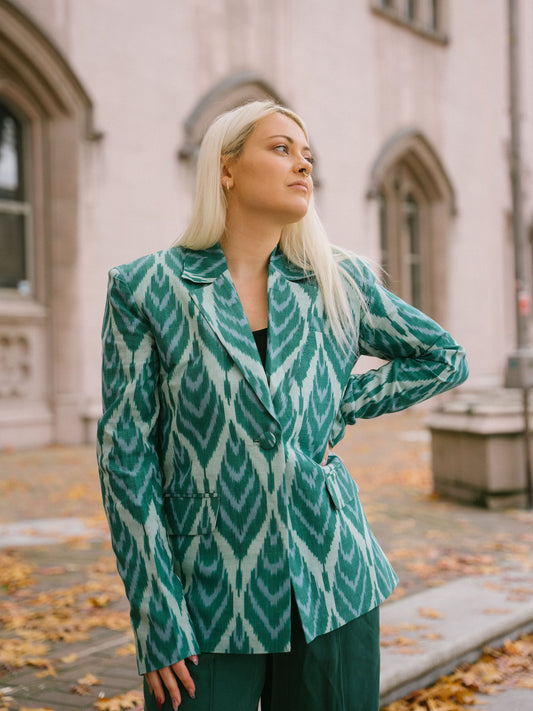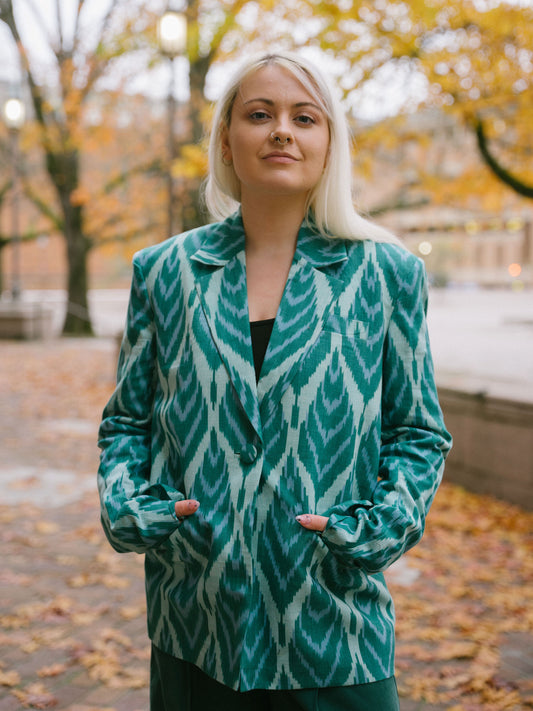Collection: REMAKE x TRANSCEND Collab
For Earth Month, we had the honor to collaborate with Remake, a non-profit uniting changemakers in the fight for human rights and climate justice in the clothing industry. Our goal was to highlight the fashion industry’s problem of over-production that results in dire consequences for people and planet.
Did you know that despite there being a little over 8 billion people on the planet, fashion suppliers collectively produce 100 billion articles of clothing per year? If you’re thinking this figure is disproportionate, you’re right. Overproduction is a major problem within the industry and impacts both people and the planet negatively.

Manufacturing & Upcycling Service
Transcend Manufacturing is a Seattle-based hyper-local initiative led by an all-female team of immigrant and refugee women, each with 16+ years of professional expertise. We specialize in circular manufacturing practices — transforming surplus textiles into high-quality clothing, accessories, and specialty goods. Every piece is crafted with precision, cultural artistry, and a commitment to fair wages.
SHOP THE COLLAB
Upcycled Collection
-
Example product title
Regular price $19.99 USDRegular price -
Example product title
Regular price $19.99 USDRegular price -
Example product title
Regular price $19.99 USDRegular price -
Example product title
Regular price $19.99 USDRegular price
-
Sana Bomber Jacket
Regular price $295.00 USDRegular price -
Farah Blazer
Regular price $295.00 USDRegular price -
Amira Blazer
Regular price $295.00 USDRegular price -
Aliyah Blazer
Regular price $295.00 USDRegular price -
Inaya Jacket
Regular price $195.00 USDRegular price
The Problem: An Industry That Rewards Growth At All Costs
Some of the biggest brands in the fashion industry manufacture their products in countries like Bangladesh, India and Pakistan, but not because of the rich textile heritage of these countries. The fashion industry runs on the backs of skilled garment workers from the Global South, who are exploited to maximize the profits for big corporations and their stakeholders, with little to no regard to their rights or wellbeing.
On April 24, 2013 the Rana Plaza factory in Bangladesh collapsed, killing over 1,100 garment workers after they were forced to finish orders, despite large structural cracks being discovered the previous day. While the Rana Plaza collapse shed light on the unethical supply chains of the fashion industry, now 11 years later there is still much work to be done.
The unsold or unwanted clothing produced is often destroyed or landfilled and typically occurs in the Global South, exacerbating climate change in areas that are already environmentally distressed. Every second, the equivalent of a truck load of clothes is incinerated or buried in landfill. This practice is known as waste colonialism. Just take one look into places like Kantamanto Market in Ghana and the Atacama Desert in Chile and you’ll better understand why.
The Solution: Shifting Customer Demand & Regulations To Reward Responsible Growth
Although the reality is grim, not all hope is lost. Fashion can be a force for good. There are people who are thinking globally and acting locally to create sustainable solutions for problems like overproduction. Remake Ambassadors and a new generation of brands like Transcend are doing the work to reimagine a fashion industry that rewards responsible and sustainable growth. For change to be meaningful, brand and consumer action must be reinforced through regulations that are biased in the interest of planet and people.
What is Remake?
Remake is a non-profit organization that advocates for climate change and fair labor in the clothing industry. Its theory of change is to ensure workers across the supply chain are paid more and produce less, resulting in responsibly made clothes. Ambassadors host educational events like clothing swaps, documentary screenings, and repair workshops to encourage their community to get involved in the movement by centering equity and justice when shopping.
There are more than 1,500 Ambassadors worldwide! Some of whom make up the Remake Seattle Community. To further the impact in our city, one of the newest Ambassadors recently collaborated with Transcend to showcase the versatility of the latest collection and the importance of fashion activism.
How is Transcend Making A Difference?
Transcend is a brand that is planet and people first. We are focused on sustainable growth and profitability and we accomplish this by taking our responsibility as a brand very seriously. From small batch production to using biodegradable and recyclable fabrics and packaging, to building an ethical supply chain - we want to take a holistic approach to building a responsible brand.
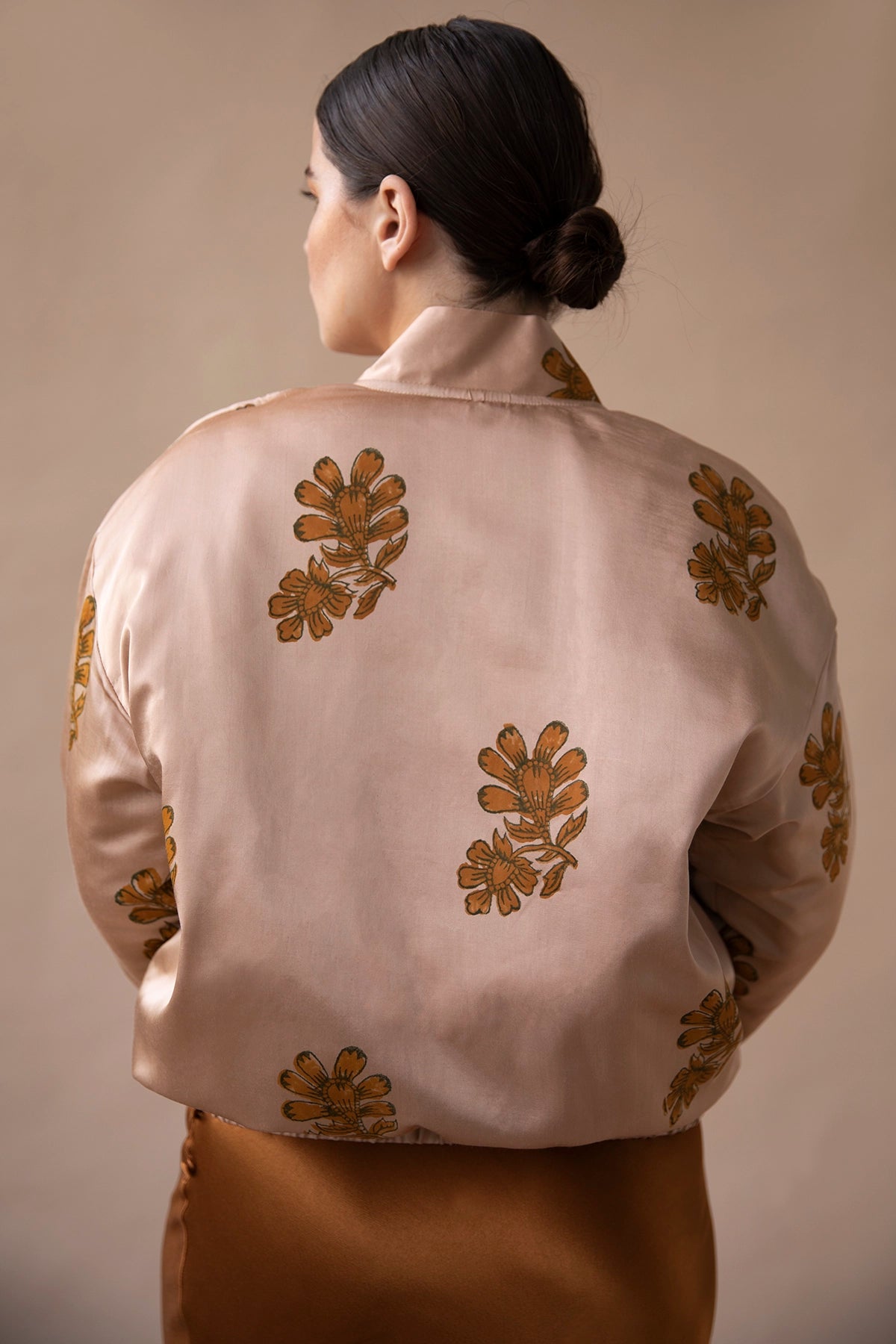
SMALL BATCH PRODUCTION - UN SDG 12
Transcend is committed to preventing overproduction and inventory waste. Collections are made in small batches. The brand takes a conservative approach to inventory forecasting and often launches collections on a pre-order basis if demand cannot be predicted with confidence, for example when launching new product categories.

FABRICS THAT BIODEGRADE IN NATURE
From Transcend's inception in 2020, the brand has pledged to avoid using plastic based fabrics in their designs. By choosing natural
fabrics, Transcend has diverted 4,713 lbs of fossil-fuel based fabrics from
their supply chains and landfills between 2021 to 2023.
In 2023 the brand's estimated fabric usage was 4,600 yards:
- 98% Natural Fabrics e.g. cotton, linen and silk
- 2% Plant Derived Human Engineered Fabrics e.g. viscose
- 3% Upcycled Cotton
20% Hand-woven Cotton (No CO2 emissions from fabric weaving)
Transcend's approach kept 4,713 lbs of fabrics made from fossil fuels (e.g. polyester) out of places like Kantamanto Market and the Atacama Desert between the years of 2021 and 2023–which would have taken decades to degrade.
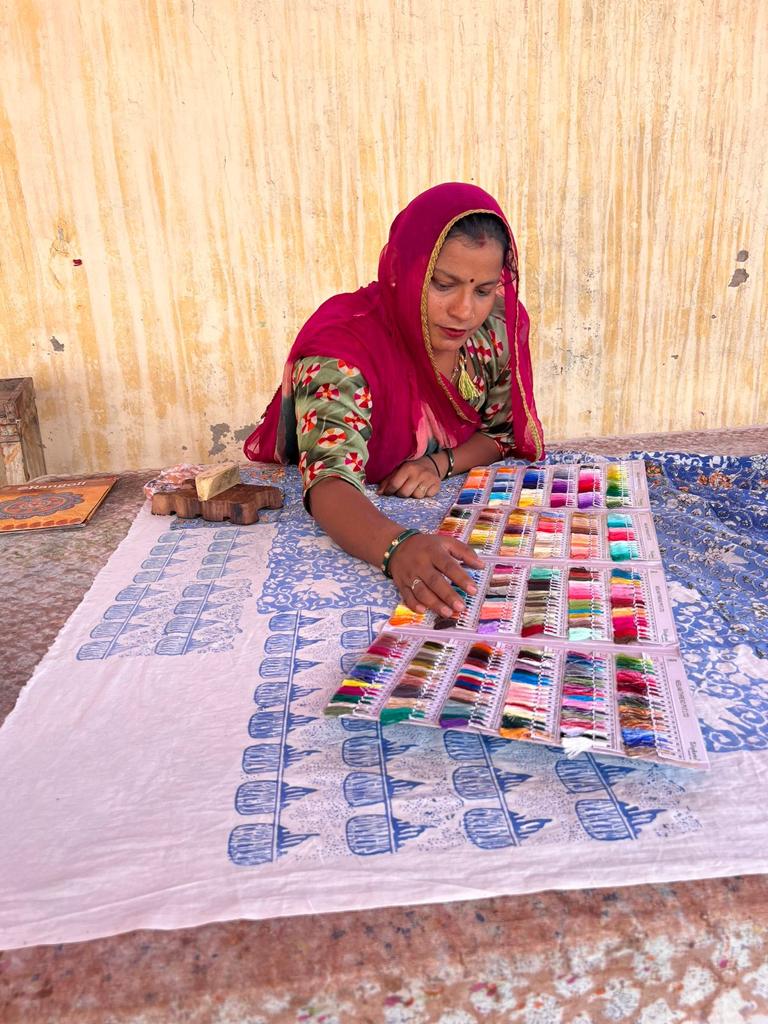
GROWTH AT A SUSTAINABLE PACE
Unlike the thousands of new styles that are released daily by fast fashion giants, Transcend currently produces 1-2 collections a year. Being a one-woman brand, the collection takes 4 to 8 months to develop and bring to market.
Transcend aims to produce quantities that do not put a strain on the workers within its supply chain. To accomodate bigger orders, the brand onboards multiple family owned suppliers and artisan collectives.
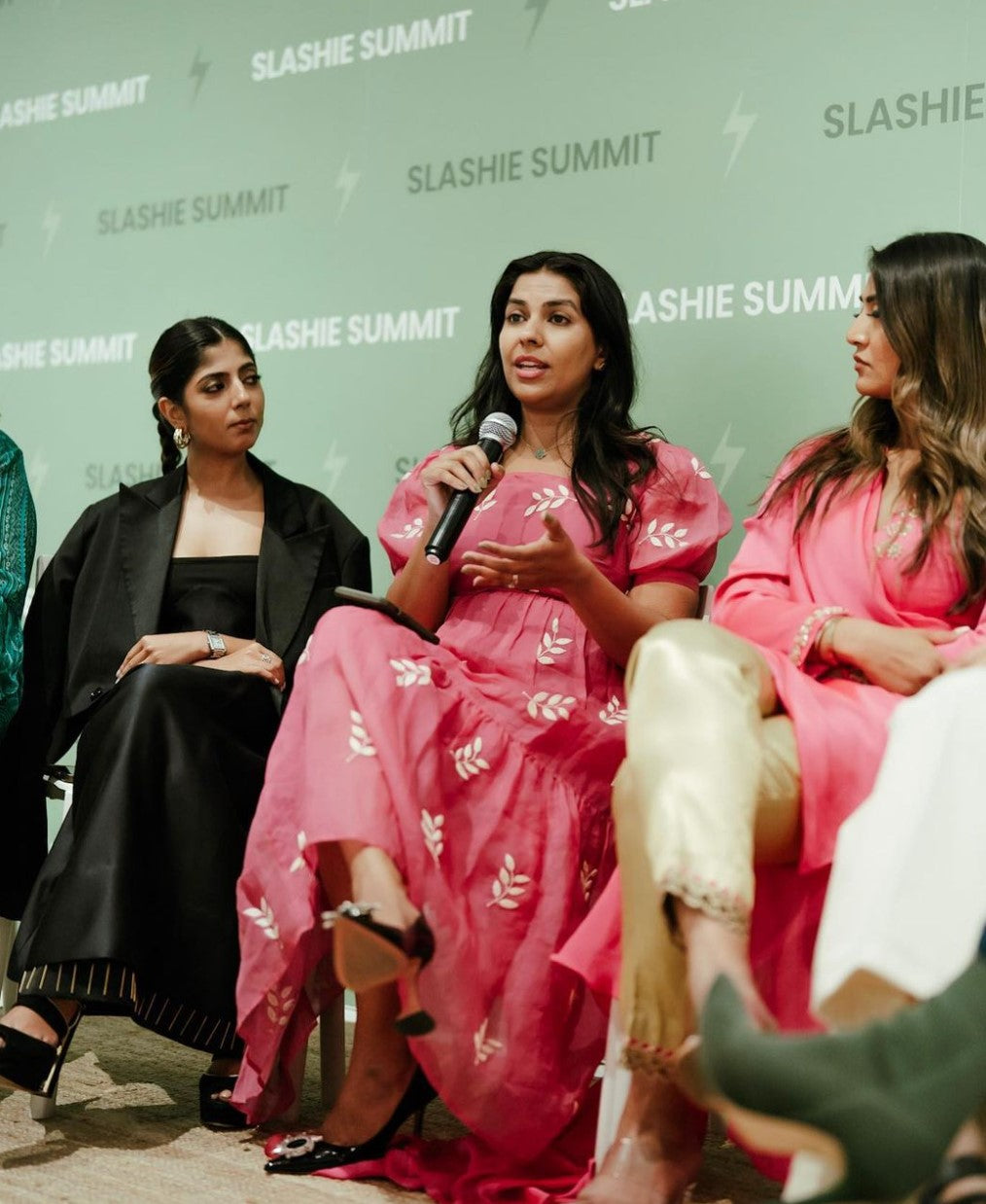
COMMUNITY EDUCATION
Community education can play a significant role in promoting a more sustainable world by raising awareness at the grass-root level and empowering individuals to make sustainable choices.
Education can help people understand the environmental and social impacts of their actions and provide them with the knowledge and tools to make informed decisions that support sustainability.
In 2023, Transcend participated in events that allowed the brand's founder, Nazia Siddiqui to spread the message of reimagining the fashion industry to 300+ attendees.
